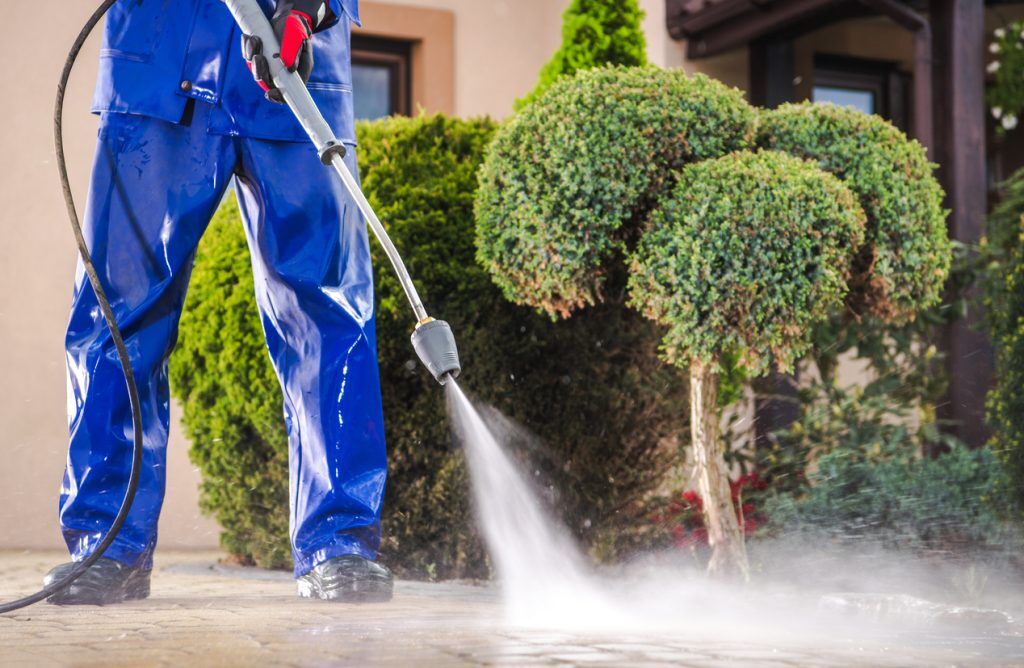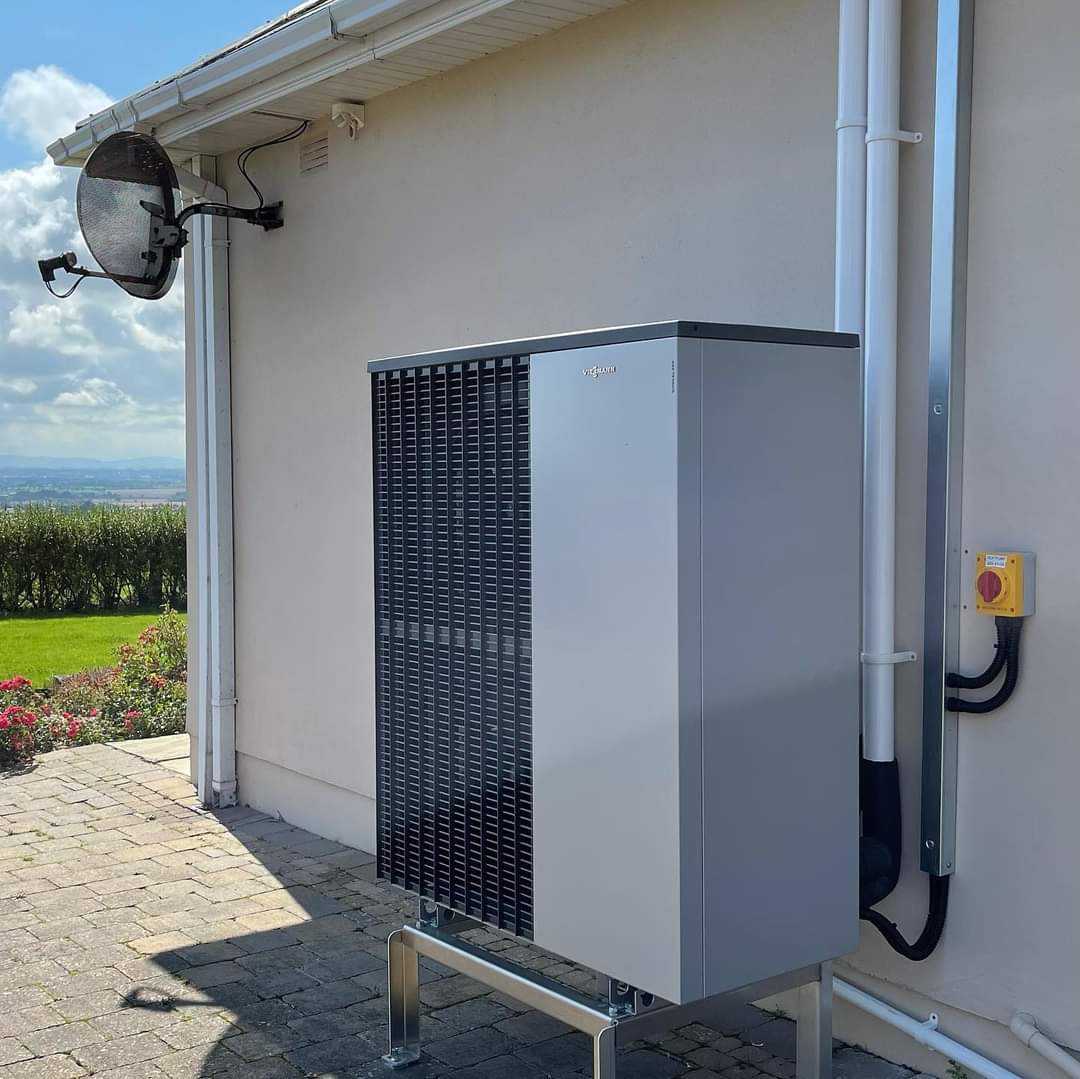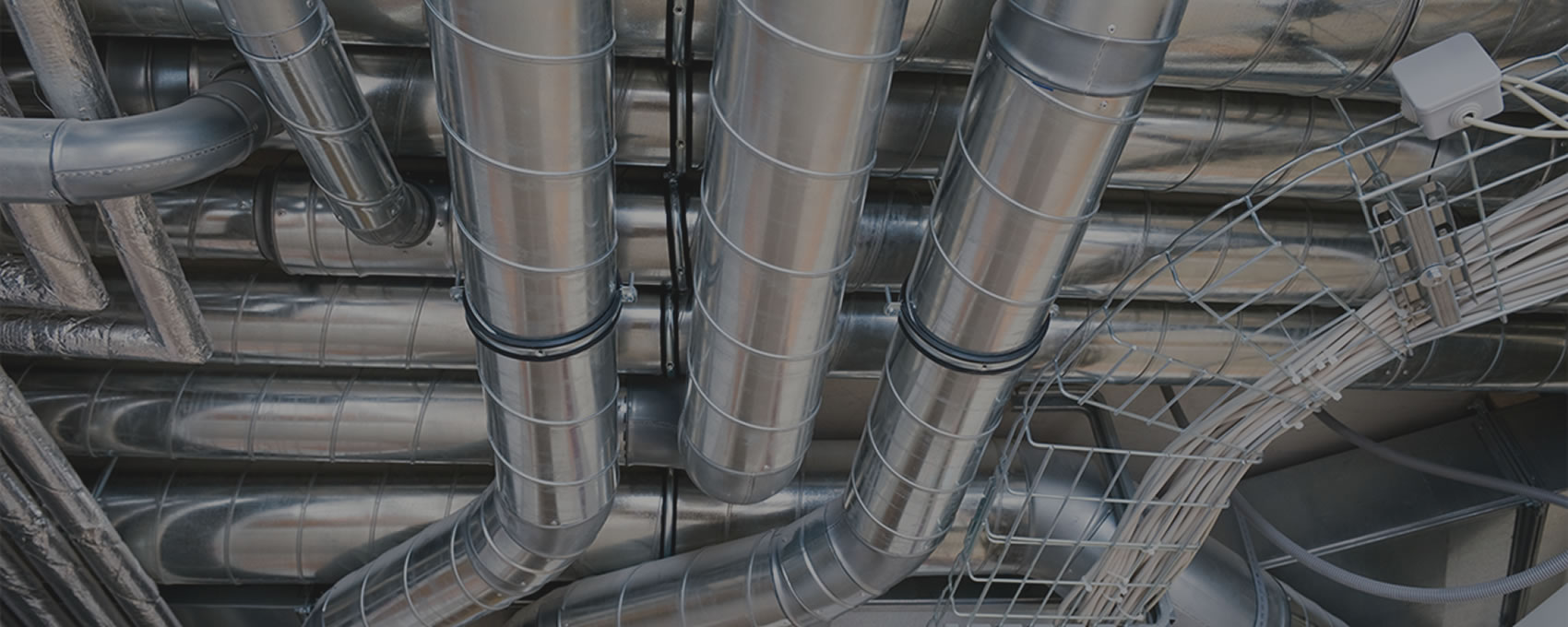Games: An Excursion Through Diversion, Training, and Development
Games have been an indispensable piece of human culture for centuries, advancing from old table games to complex computerized encounters that engage, instruct, and rouse. From the essential difficulties of chess to the vivid stories starlight princess of computer games, the universe of gaming has constantly advanced, making a permanent imprint on society. In this article, we dig into the different domain of games, investigating their set of experiences, effect, and potential for development.
Verifiable Development:
The historical backdrop of games extends back millennia, with proof of tabletop games dating as far back as 3500 BCE. Old civic establishments across the globe, from Egypt to China, fostered their own special games, frequently reflecting social qualities and cultural standards. These early games filled in as both diversion and devices for social communication and key reasoning.
Quick forward to the twentieth hundred years, and we witness the approach of electronic gaming with the presentation of arcade games like Pong and Space Trespassers. The notoriety of arcade games prepared for the ascent of home gaming consoles like the Atari 2600 and the Nintendo Theater setup (NES), bringing gaming into families around the world. The development of innovation, from simple illustrations to superior quality presentations and computer generated reality, has changed the gaming experience, offering players exceptional degrees of drenching and intuitiveness.
Influence on Diversion:
Gaming has arisen as a predominant type of diversion, equaling customary types of media like film and TV. Computer game establishments like Super Mario, Pokémon, and The Legend of Zelda have become social peculiarities, catching the minds of players, all things considered. The gaming business produces billions of dollars in income yearly, with blockbuster game deliveries equaling Hollywood films concerning deals and prevalence.
Besides, gaming has turned into a social movement, with multiplayer internet games and eSports drawing in huge number of players and observers around the world. Web based gaming networks give stages to players to interface, team up, and contend, cultivating companionships and kinship across geological limits.
Influence on Schooling:
Notwithstanding diversion, games have additionally arisen as useful assets for training and learning. Instructive games and recreations are utilized in schools to show subjects going from arithmetic and science to history and language expressions. Games like Number related Blaster and Oregon Trail connect with understudies in intelligent growth opportunities, making training fun and locking in.
Moreover, games advance decisive reasoning, critical thinking, and imagination, abilities that are fundamental for progress in the 21st 100 years. Game-based learning draws near, like gamification and game-based appraisals, are progressively being embraced by teachers to upgrade understudy commitment and inspiration.
Potential for Advancement:
Looking forward, the fate of gaming is loaded up with invigorating opportunities for development and inventiveness. Arising advancements like computer generated simulation (VR), increased reality (AR), and man-made consciousness (artificial intelligence) hold the possibility to alter the gaming experience. VR and AR advancements offer vivid and intuitive encounters that obscure the lines between the physical and computerized universes, while simulated intelligence driven game plan can make dynamic and responsive ongoing interaction encounters custom fitted to individual players’ inclinations and capacities.
Besides, games can possibly address squeezing cultural difficulties, like medical services, natural manageability, and civil rights. Serious games, planned considering explicit instructive or preparing goals, can be utilized to bring issues to light and advance positive conduct change in regions like general wellbeing, environmental change, and variety and consideration.
All in all, games have advanced from basic distractions to persuasive social ancient rarities that engage, teach, and rouse. As innovation proceeds to progress and gaming keeps on developing, the potential for advancement and positive effect on society is boundless. Games have the ability to shape the fate of diversion, schooling, and development, passing on an enduring heritage on ages to come.…
















 pressure. Since they are straightforward and many are facilitated and run on the web, you can play them voluntarily while never downloading a program. Keen on discovering a portion of these unbelievable games? They are exceptionally simple to find, and when you do, you might battle to move away from them. Simply recall that… we cautioned you.Because there is a particularly huge swath of games accessible to you, you are guaranteed of tracking down something that falls into your advantage range. Some of them will require some ability, so cheer up assuming you discover some that are difficult to explore from the outset. Utilizing your mouse and a couple of console bolts will deal with basically every title you find, so clearly you won’t require any mind boggling equipment to get into the stick games blend. For no particular reason, let us take a gander at a portion of the manners in which you can further develop your general scores while messing around of this genre.RepetitionNothing expands your general score like reiteration. Since a game is exceptionally evaluated doesn’t mean it’s for you. In any case, on the off chance that you check it out and find it a piece convoluted, remain at it. Typically, these games are top picks in the free web based gaming local area since they require a smidgen more expertise than a portion of the others. Search for tips with other gamers in the event that the site you are utilizing has a local area board or visit capacities. This can assist you with working on your general score and give you long stretches of entertainment.Challenge YourselfToo ordinarily, we catch wind of gamers that adhere to similar style of games. This is deterring a great many different games that you might appreciate significantly more than those that you have won. By chipping away at titles that call for an investment to dominate, you are further developing your game-play capacity and permitting your abilities to make up for lost time to enhancements that will be made on the actual game. Ordinarily, these games develop,
pressure. Since they are straightforward and many are facilitated and run on the web, you can play them voluntarily while never downloading a program. Keen on discovering a portion of these unbelievable games? They are exceptionally simple to find, and when you do, you might battle to move away from them. Simply recall that… we cautioned you.Because there is a particularly huge swath of games accessible to you, you are guaranteed of tracking down something that falls into your advantage range. Some of them will require some ability, so cheer up assuming you discover some that are difficult to explore from the outset. Utilizing your mouse and a couple of console bolts will deal with basically every title you find, so clearly you won’t require any mind boggling equipment to get into the stick games blend. For no particular reason, let us take a gander at a portion of the manners in which you can further develop your general scores while messing around of this genre.RepetitionNothing expands your general score like reiteration. Since a game is exceptionally evaluated doesn’t mean it’s for you. In any case, on the off chance that you check it out and find it a piece convoluted, remain at it. Typically, these games are top picks in the free web based gaming local area since they require a smidgen more expertise than a portion of the others. Search for tips with other gamers in the event that the site you are utilizing has a local area board or visit capacities. This can assist you with working on your general score and give you long stretches of entertainment.Challenge YourselfToo ordinarily, we catch wind of gamers that adhere to similar style of games. This is deterring a great many different games that you might appreciate significantly more than those that you have won. By chipping away at titles that call for an investment to dominate, you are further developing your game-play capacity and permitting your abilities to make up for lost time to enhancements that will be made on the actual game. Ordinarily, these games develop, 

